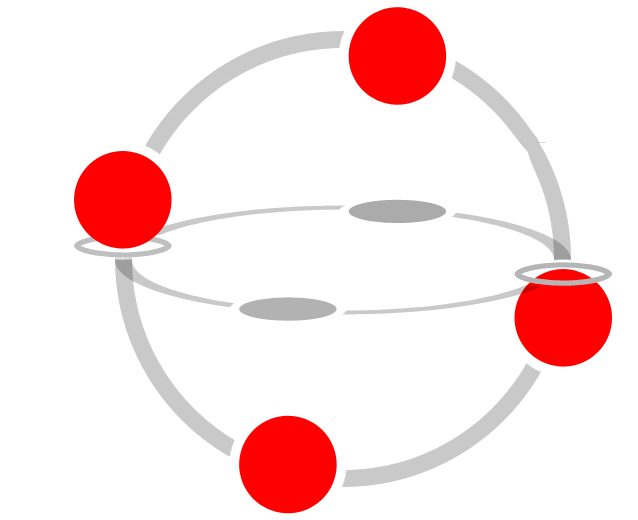
If you wish to be notified about the future TACL events, you can subscribe by filling in the form:
The link between logic and algebra, which goes back to the pioneering work of George Boole in the early nineteenth century, justifies the modern algebraic point of view on logical formalisms. Since the pioneering work of Marshall Stone on the topological duality of Boolean algebras in the 1930s, topological methods have acquired an increasing importance in the semantic study of logic, whether classical or not. The importance of the triangle formed by algebra, logic, and topology has been established in several logical frameworks: from modal logic to substructural logic, through intuitionist logic and topos theory. The theory of categories, which appeared in the middle of the twentieth century, provides effective tools for understanding this triangle, and for generalizing certain results to broader frameworks, for example when moving from the propositional calculus to the predicate calculus, or from the logic of provability to logic of evidence.
Given the success of these ideas and their applications in computer science, there has been a rapid development in recent decades, mainly driven by computer science communities. Applications range from the semantics of programming languages to complexity theory and system verifications. These recent developments have made it possible to build a new field of research in logic that is difficult to summarize with a single sentence or to characterize with a single paradigm. The researchers adapt and combine results and tools from various branches of mathematics and theoretical computer science, for example: universal algebra, general topology, category theory, order theory, and model theory. This field of research, which has by now acquired a profile of its own, is represented by the conference series TACL: Topology, Algebra and Categories in Logic.